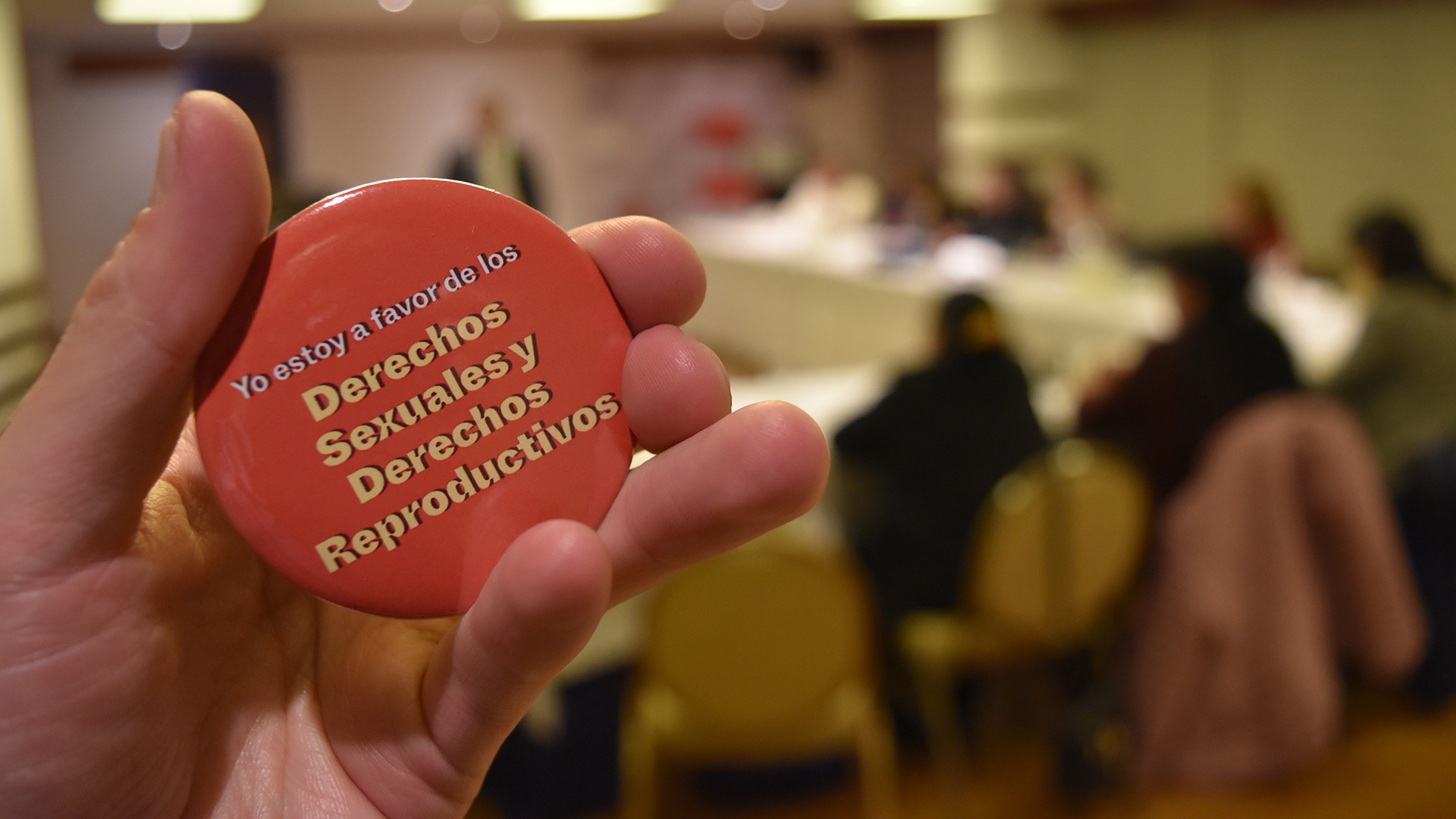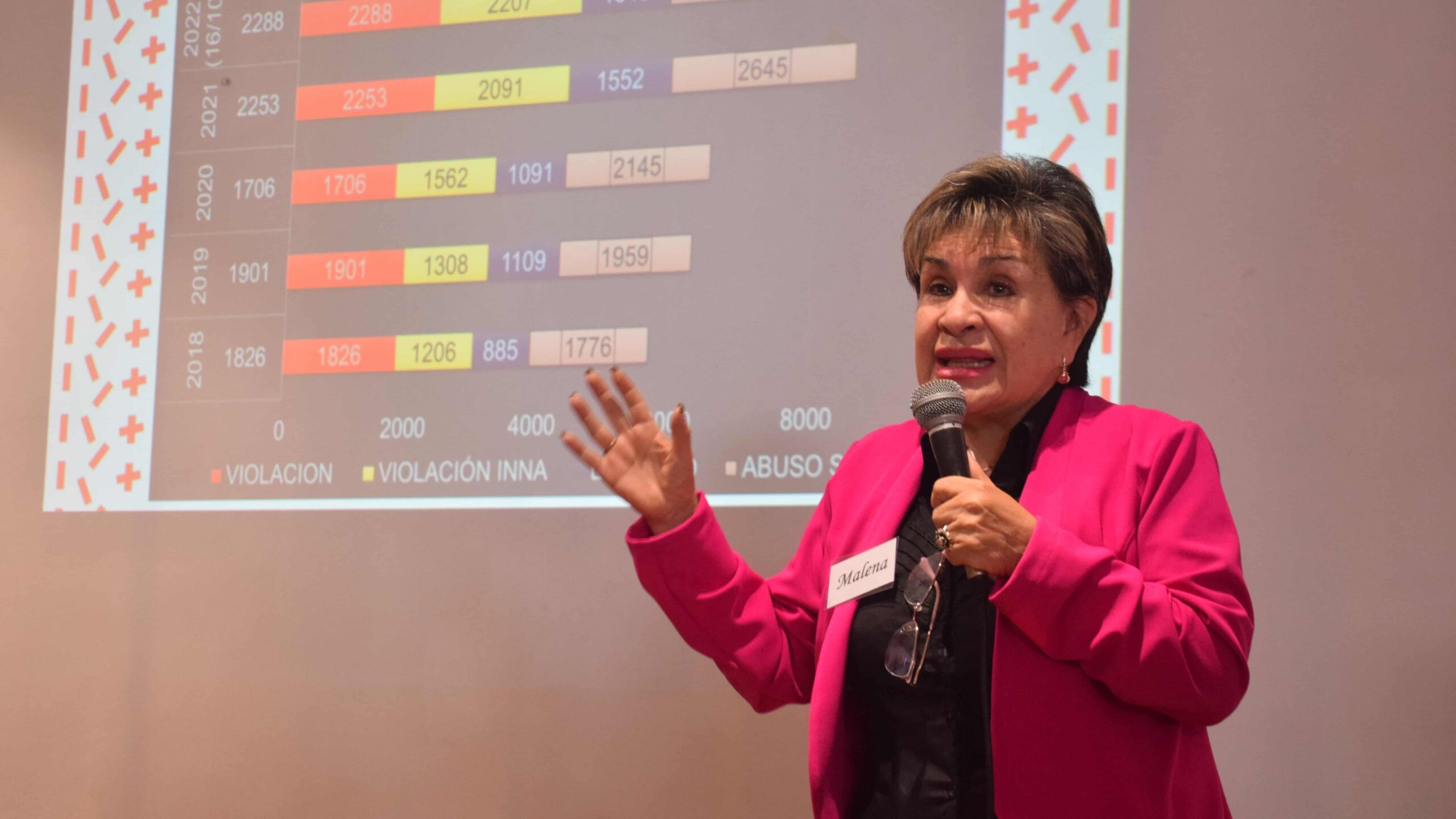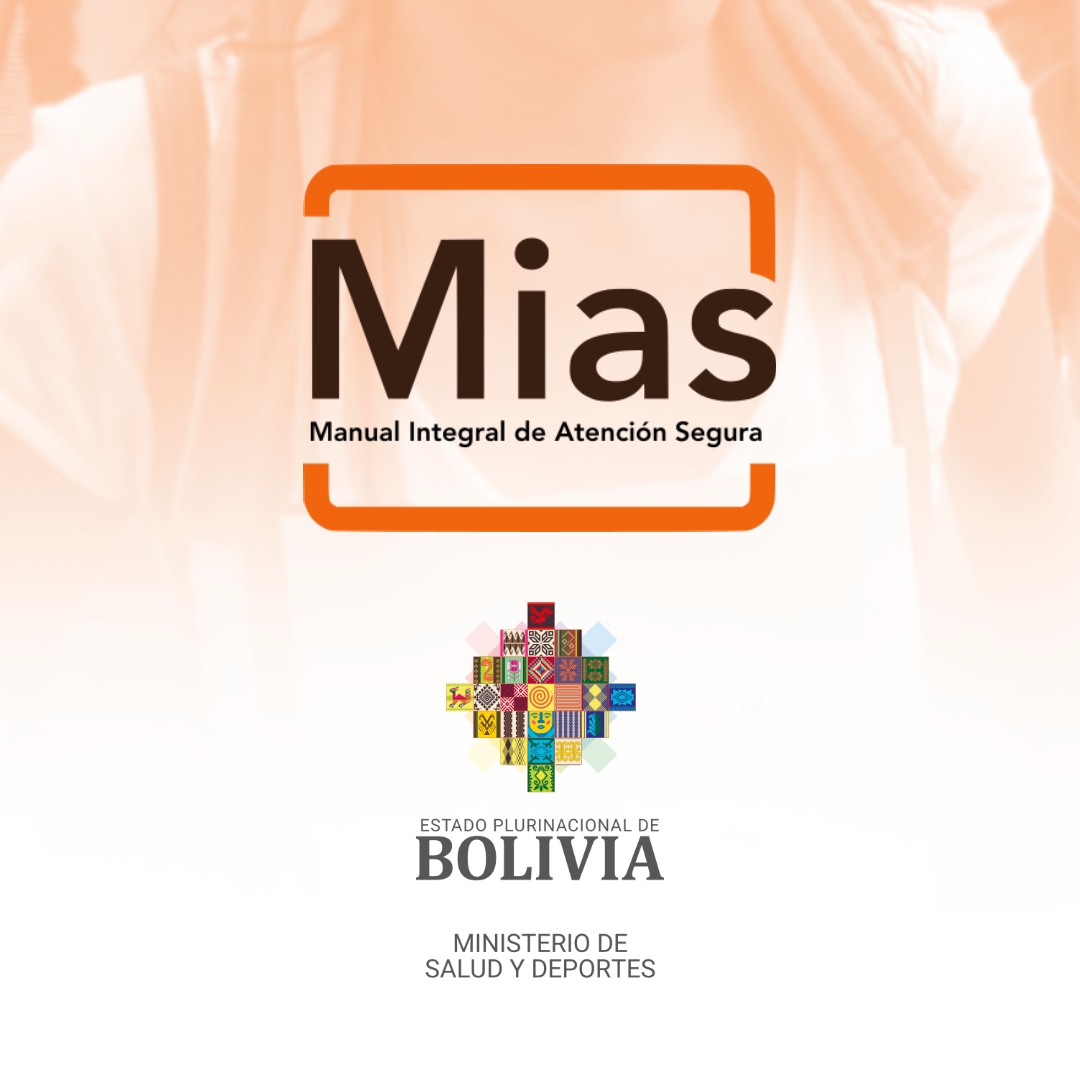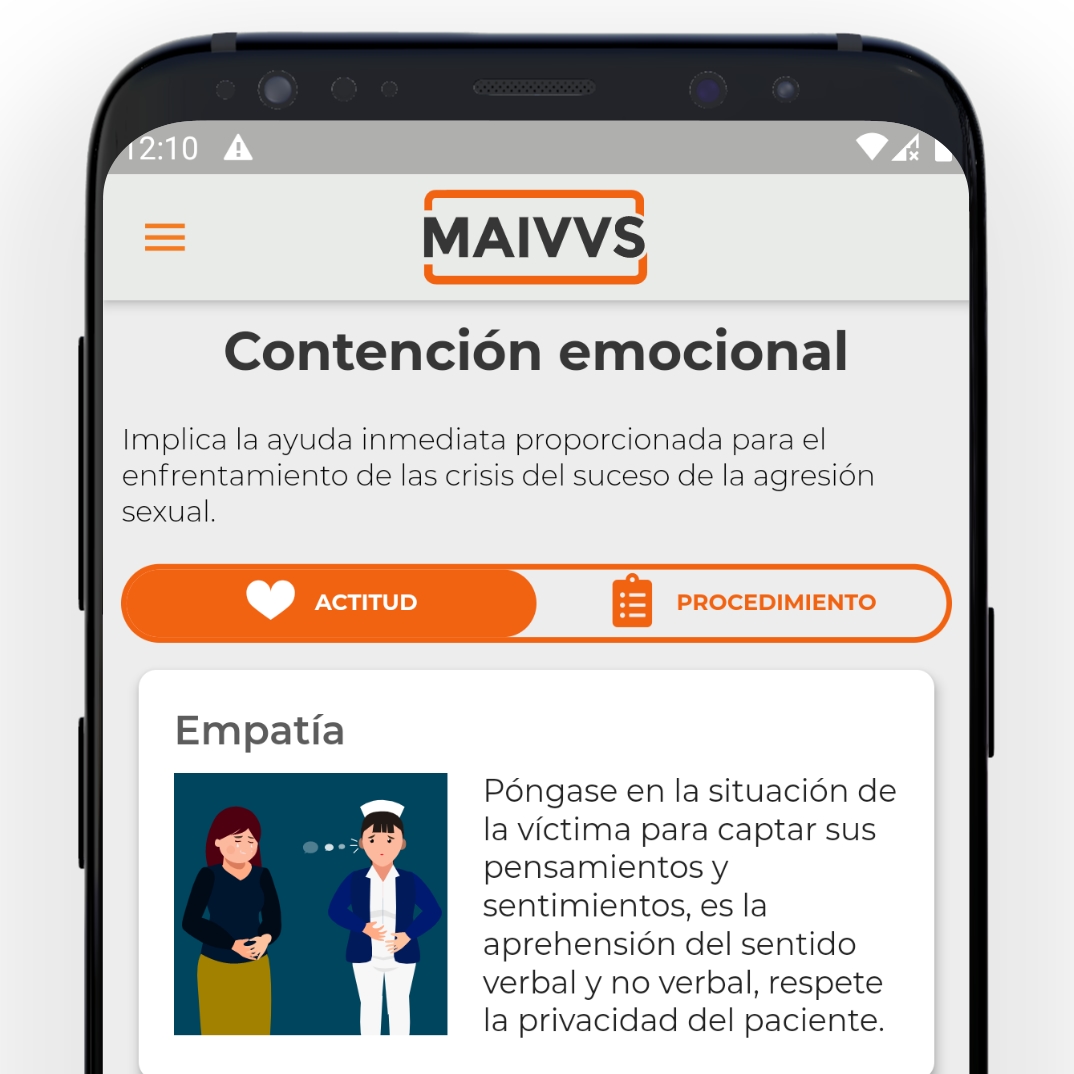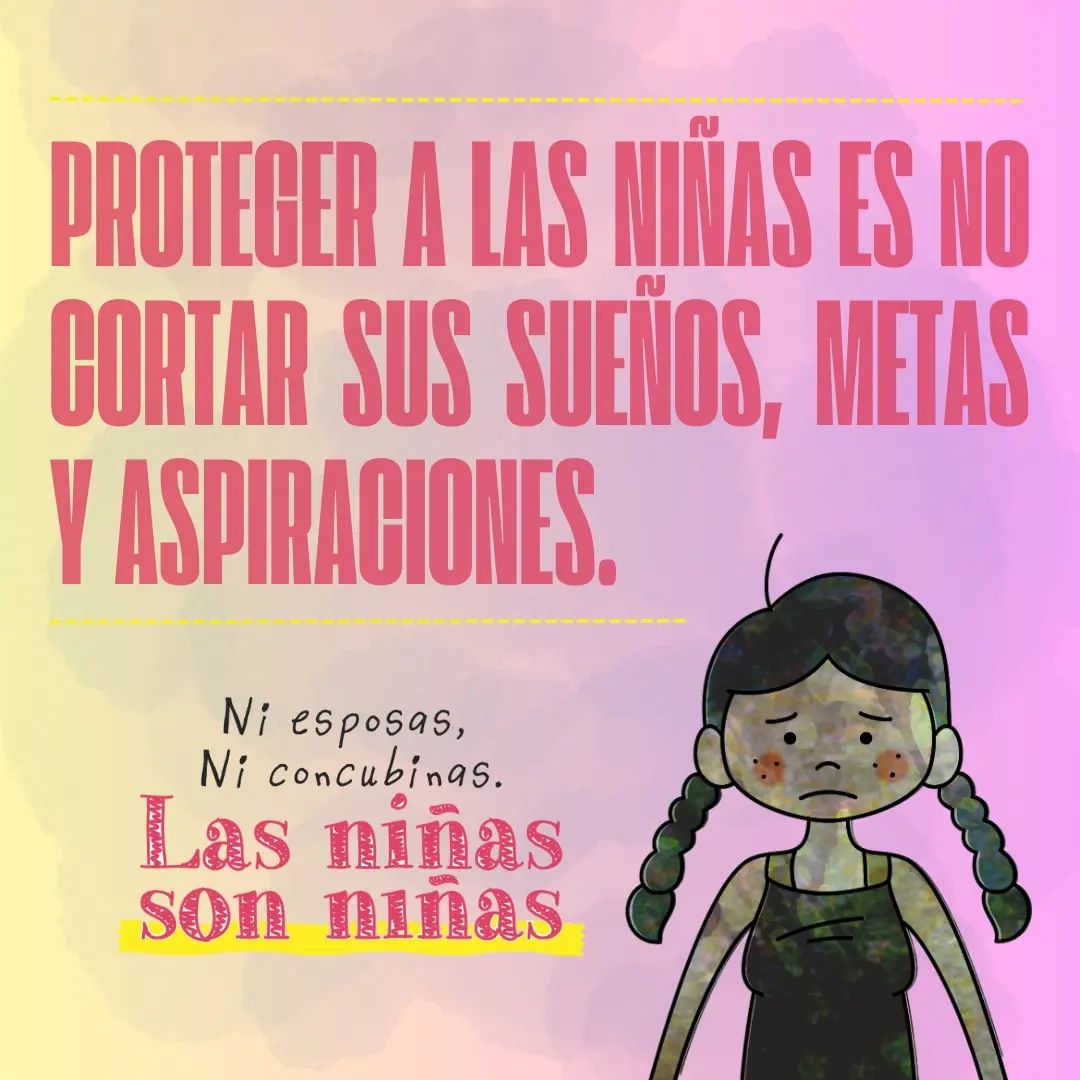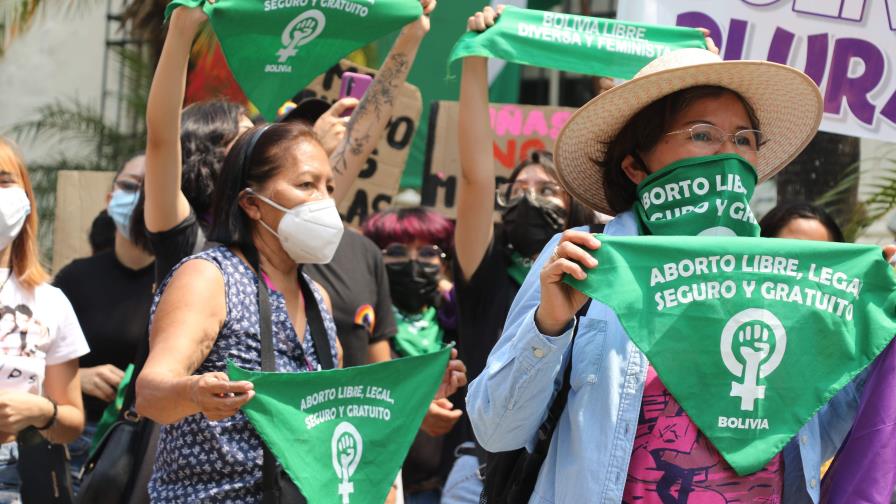It is estimated that every day at least 185 clandestine abortions are performed in Bolivia, a situation that puts at risk the lives of girls and women who resort to unsafe processes to terminate their pregnancies, a situation that puts on the table for debate the legalization of this practice in the country.
Since 2014, Bolivia has had a ruling from the Constitutional Court that establishes that victims of rape or in cases where the mother’s life is in danger can proceed with an abortion, and despite the fact that this ruling has been in force for a decade, there are still obstacles to its execution.
“Although the sentence has been an achievement for the women’s movement (…) it is still very difficult for it to be applied by officials who are unaware of it and we are definitely a patriarchal society,” Tania Sanchez, director of the Women’s Coordinating Committee, told EFE.
Meanwhile, the director of Ipas Bolivia, Malena Morales, told EFE that “unsafe abortions” are the third cause of maternal mortality in the country, which makes this situation “a risk to women’s health” and a “problem of public health and social justice” because those with the least resources are the most affected.
According to Ipas data, between 40,000 and 60,000 abortions are performed each year in the country, but this figure does not show the exact reality of this situation, which is practiced in clandestine or unsafe places.
Morales indicated that according to hospital reports since 2014, when the sentence was already in force, until 2023 there were 97,704 abortions, of which about 753 are “induced abortions” in which legal termination of pregnancy was practiced, while the other cases are “incomplete abortions that have reached the health services.”
He added that abortions in safe conditions, with technical personnel, with adequate technology and hygienic means have a very low probability of having a complication and that what puts women at risk are unsafe and clandestine processes, uterine perforations and degrees of infection that can cause death.
“Women’s access to the health system and protected under a law would prevent women from dying from unsafe abortions,” she said.
Proposed law
The pro-government senator Virginia Velasco informed the media about a comprehensive bill that addresses sexual and reproductive rights, proposing the legalization of abortion.
Velasco considered that it is important to debate this situation and that it is necessary to “get the taboo out of our minds”, so that this proposal also corresponds to recommendations made by the World Health Organization and the United Nations.
It is expected that the initiative will be submitted in the next few months to the Legislative Assembly for its analysis and, for now, it is known that it proposes a “single requirement” for the termination of pregnancy, which is the signature of the “informed consent” of the pregnant woman.
For Sanchez and Morales, this proposal is important because it is comprehensive as it addresses issues such as access to contraceptives, intercultural-based care, obstetric violence and that abortion is part of this law that is long awaited by women’s groups.
Both also agree that Bolivia is still a “conservative” society and that it is “afraid” to address these issues, but that the reality is that these situations need to be discussed and not just ignored.
“Reality is demanding us to talk about the issue, when we see, for example, that every day around 30 cases of sexual violence against girls and adolescents are reported, we cannot turn a blind eye,” said Sanchez.
He added that Bolivia is the second country in Latin America with the second highest rates of sexual violence and teenage pregnancies and that in 2023 alone 1,376 legal terminations of pregnancy have been performed, of which 294 correspond to sexual violence and 59% of rapes were to minors under 15 years of age, a situation that he considered “alarming”.

